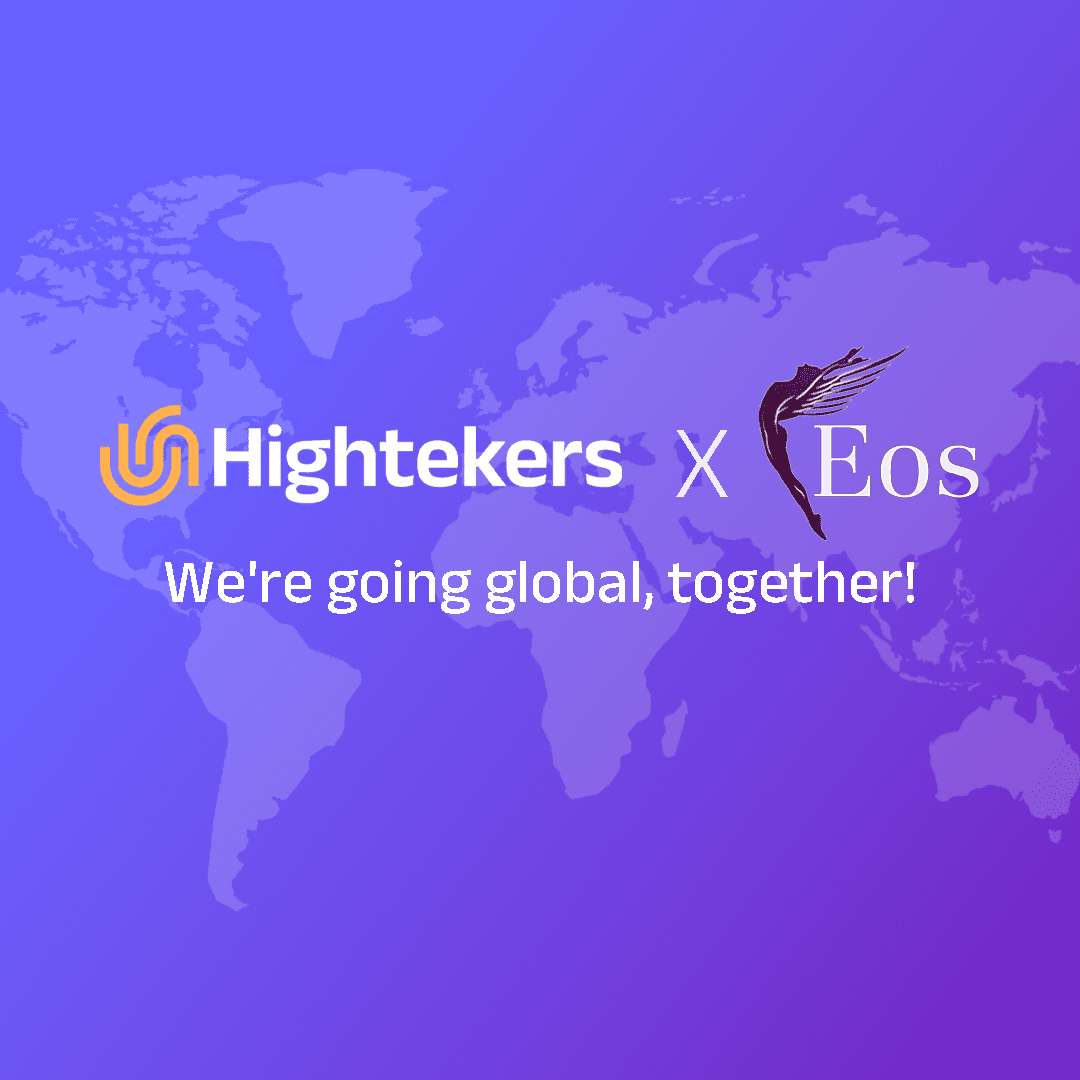Table of Contents
ToggleIn today’s interconnected world, where technology permeates every aspect of our lives, the concept of corporate responsibility has taken on new dimensions. As businesses harness the power of digital technologies to innovate and expand their reach, they are also faced with a growing array of ethical, social, and environmental challenges. In this article, we explore the evolving landscape of corporate responsibility in the digital age, examining the opportunities it presents and the responsibilities it entails for businesses worldwide.
The Expanding Horizon of Corporate Responsibility
Not so long ago, corporate responsibility was mostly a conversation about philanthropy, sustainability reports, and community outreach. But as the digital age propels us forward, it has become glaringly evident that the corporate world’s commitment to its duty-bound role in society must include a robust engagement with digital responsibility.
The digital transformation has revolutionised the way businesses operate, enabling greater efficiency, connectivity, and innovation. However, alongside these advancements come complex ethical dilemmas and social implications. Digital negligence can result in massive data breaches, algorithmic biases, and systemic privacy violations, which, in turn, can have catastrophic implications for businesses and individuals alike. From data privacy and cybersecurity to digital inclusion and environmental sustainability, businesses are increasingly being called upon to address a wide range of issues in their operations and interactions with stakeholders.
Data Privacy and Security
One of the most pressing concerns in the digital age is the protection of personal data and privacy. With the proliferation of data breaches and cyberattacks, consumers are more vigilant than ever about how their information is collected, stored, and used by companies. Corporate responsibility in this context involves implementing robust data protection measures, being transparent about data practices, and respecting individuals’ privacy rights.
Read more: Risk Mitigation Strategies for Small Businesses: A Tactical Blueprint

Digital Inclusion and Accessibility
As digital technologies become increasingly integral to daily life, ensuring equal access and opportunity for all is essential. Corporate responsibility entails addressing the digital divide by promoting digital literacy, expanding access to technology in underserved communities, and designing products and services that are inclusive and accessible to people of all abilities.
Read more: The Power of DEI: Why Businesses Should Embrace Workplace Diversity
Environmental Sustainability
The digital economy has the potential to drive environmental sustainability through innovations such as renewable energy, smart infrastructure, and remote collaboration tools that reduce the need for travel. However, it also poses environmental challenges, such as electronic waste and energy consumption associated with data centres and digital devices. Corporate responsibility in the digital age requires businesses to minimise their environmental footprint, adopt sustainable practices throughout their supply chains, and invest in technologies that mitigate climate change.
Read more: Embracing ESG: Why it’s Essential for Businesses and How to Implement it in the Workplace
Ethical AI and Automation
As artificial intelligence (AI) and automation technologies continue to advance, ethical considerations around their use become increasingly important. Corporate responsibility involves ensuring that AI systems are designed and deployed ethically, with safeguards against bias, discrimination, and unintended consequences. Businesses must also consider the social and economic implications of automation, including the impact on jobs and livelihoods, and take proactive measures to mitigate any negative effects.
Transparency and Accountability
In the digital age, transparency and accountability are paramount for building trust with stakeholders. Corporate responsibility entails being transparent about business practices, including how data is used, algorithms are programmed, and decisions are made. It also involves holding oneself accountable for the social and environmental impacts of operations and actively engaging with stakeholders to address concerns and feedback.
Conclusion
As we navigate the complexities of the digital age, corporate responsibility takes on new urgency and significance. Businesses have a unique opportunity to leverage digital technologies for positive impact while also mitigating the risks and challenges they present. By embracing ethical principles, promoting transparency and accountability, and prioritising the well-being of all stakeholders, businesses can not only thrive in the digital age but also contribute to a more sustainable, inclusive, and responsible future.
Employer of Record (EOR) service providers like Eos Global Expansion can play a pivotal role in advancing corporate responsibility by ensuring that businesses uphold ethical standards, comply with labour regulations, and prioritise the well-being of their workforce. Through their expertise in local labour laws and regulations, EOR services help businesses navigate complex compliance requirements, fostering a culture of legal and ethical integrity. By partnering with EOR services, businesses can leverage their knowledge and resources to uphold corporate responsibility principles, enhance stakeholder trust, and drive sustainable growth.
Learn more about our services here or contact us directly.
Featured photo by Andrew Neel on Unsplash







